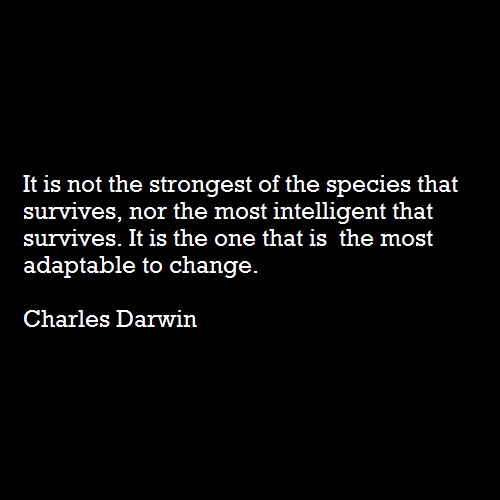With the continual changes the healthcare industry has experienced, the mantra of “adapt or die,” has been heard before. But according to Mr. Gifford, that analogy to evolution biology really rings true. His take? Only organizations that take chances (adapt) will survive.
The healthcare ACO that Dr. Gifford heads covers a very large geographic area. One of the main reasons for forming the current alliance was to geographically cover the entire market of both previous health systems as well as expand the reach of each—all while serving broader communities with the same infrastructure. Sounds like a tall order.
Gifford echoes what we’ve been hearing for a while: growth in volume no longer ensures a hospital system’s longevity. Instead, success will come from embracing the interconnections between care pathways and organizations. “This is no longer about creating high-margin institutional services, it’s about serving populations efficiently for greater value,” he says.
Gifford believes healthcare is in an evolutionary stage right now and those who cannot adapt will be left behind: adapt or die. And he’s banking on the adaptability of his organization’s alliance.
One key solution Gifford has employed is to seek out new relationships and partnerships to help solve the problem of high costs and poor outcomes. He notes that it’s imperative to “talk to all potential partners and keep (an open) mind about connections and partnerships that will add value going forward” because of the interconnectedness and complexity of the healthcare ecosystem.
This idea of finding the right partners is also something we’ve heard before, and I’ve written about. But what I think Dr. Gifford is really saying is two-pronged: recognize the interconnectedness of your healthcare organization and the benefits integration can bring AND seek out partners that can maximize that interconnectedness to deliver better outcomes for your patients and your organization.
Is your healthcare system fully integrated and ready to adapt and survive?
